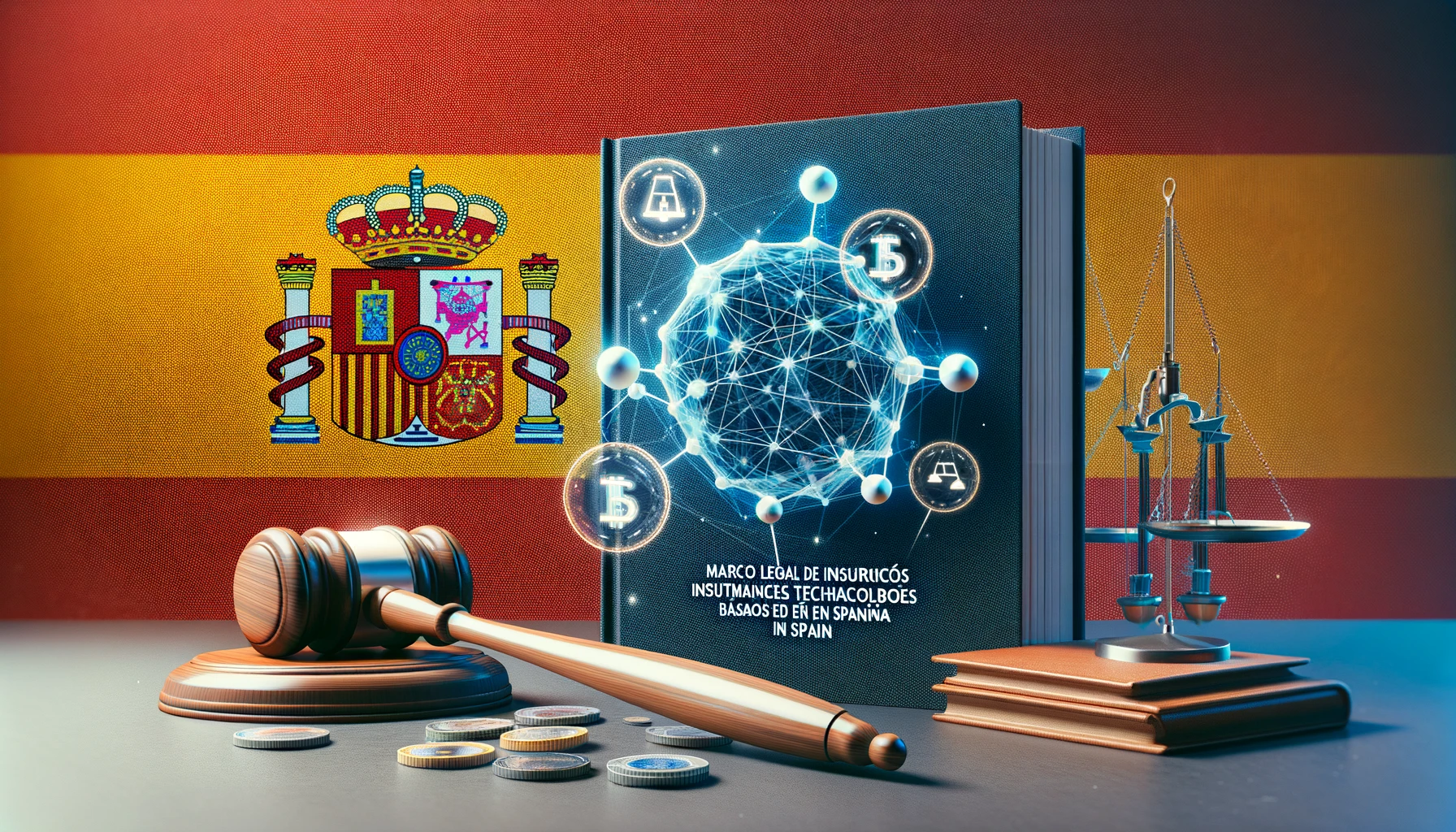Financial instruments based on distributed record technologies (DRTs), commonly known as blockchain, are gaining increasing attention in the financial world.
In Spain, the regulation of these instruments has evolved to provide a clear and secure legal framework.
This article explores in detail the Spanish regulatory environment applicable to TRD-based financial instruments.
Introduction to TRD-Based Financial Instruments
What are Distributed Records Technologies?
Distributed Ledger Technology (DLT) is a technology that enables the creation and maintenance of transaction logs in a decentralized manner.
These logs are shared and synchronized across multiple network nodes, using consensus mechanisms to validate transactions.
Definition of TRD-Based Financial Instruments
TRD-based financial instruments are those that are issued, recorded, transferred or stored using distributed recordkeeping technologies.
These may include stocks, bonds, mutual fund shares, among others.
Legal Framework in Spain
Basic Legislation
The Spanish regulations governing financial instruments based on TRD are mainly found in Law 6/2023, of March 17, 23, on Securities Markets and Investment Services (Ley 6/2023, de 17 de marzo, de los Mercados de Valores y de los Servicios de Inversión (LMVSI).
This law incorporates the provisions of the MiFID II Directive and the Pilot Regime Regulation, providing a framework for the issuance and management of these instruments.
Issuance and Registration
Issuance with Legal Certainty
In Spain, it is possible to issue financial instruments based on TRD with full legal certainty.
The LMVSI recognizes the representation of negotiable securities through TRD-based systems as a legitimate and regulated form of securities representation.
Registration and Administration
The registration of marketable securities represented by TRD-based systems is carried out in the corresponding TRD network or system.
The LMVSI requires that an Entity Responsible for Registration and Registration Administration (ERIR) be designated to manage and administer these registries.
ERIR functions
ERIR is responsible for:
– Guarantee the integrity and immutability of the registry of negotiable securities.
– Identify the holders of the rights to the securities.
– Manage the registration of real rights, liens and other encumbrances on securities.
– Issue certificates of legitimacy.
Authorization and Regulation of ERIR
To act as an ERIR, an entity must be authorized to provide securities custody services.
This ensures that only regulated and supervised entities can perform this crucial role in the administration of TRD-based financial instruments.
Differences with Other Financial Instruments
Technological Support
The main difference between traditional and TRD-based financial instruments lies in their technological support.
While traditional instruments may be represented on paper or by book entries, those based on TRD use a distributed network for their registration and transfer.
Rights and Obligations
Despite the differences in the medium, the rights and obligations arising from TRD-based financial instruments are equivalent to those of traditional instruments.
This is due to the principle of “same business, same risks, same rules”, which ensures that the technology used does not alter the fundamental rights of investors.
Safety and Investor Protection
Contingency Plan
The LMVSI requires ERIRs to have a contingency plan in place to manage incidents that may affect the TRD network and ensure registry continuity.
This includes the ability to migrate records to a new network in the event of a failure.
Audits and Technological Security
To ensure the security and reliability of records, smart contracts used in the issuance of securities must be audited and designed with robust security mechanisms.
These contracts include functions that limit transfers to validated addresses and allow ERIR to intervene in case of loss or theft of keys.
Future Prospects
Regulatory Development
The LMVSI empowers the Government to further develop the legal framework applicable to financial instruments based on TRD.
This includes the possibility of establishing additional provisions as more knowledge is gained about the functioning and applications of this technology in the financial field.
Innovation and Adoption
The adoption of distributed registry technologies in the financial sector is steadily growing.
Adequate regulation and effective oversight are essential to foster innovation while protecting investors and maintaining market integrity.
Conclusion
The Spanish legal framework provides a solid foundation for the issuance, registration and management of financial instruments based on distributed registry technologies.
With clear regulations and the supervision of regulated entities such as ERIR, Spain is positioned as a safe and favorable environment for innovation in the field of digital finance.
Tokeniza Real Estate is born with the purpose of registration of our negotiable securities in Distributed Registration Technology (TRD).), specifically the Ethereum blockchain.
Although our technology already allows us to do so, we are being supervised together with a Securities Company by the CNMV to perform the functions of ERIR as a market infrastructure authorized by the CNMV.
Until the CNMV approves ERIR’s functions, we do not issue tokens and sign digitized investment contracts, to start accrual of interest and execution of real estate projects.
Once authorized to issue the tokens, we give the option to the investor to receive the tokenized security and the yield in DAI cryptocurrency, or to continue with the investment contract in EUROS.
Tokeniza Real Estate strictly complies with the Securities Market and Investment Services Law (LMVSI), to provide maximum transparency and legal certainty to the investor.
You can download the knowledge base of this article and check its veracity in this link of the CNMV.
For more information and to keep up to date on developments in this field, please request a meeting with our customer service agents.

